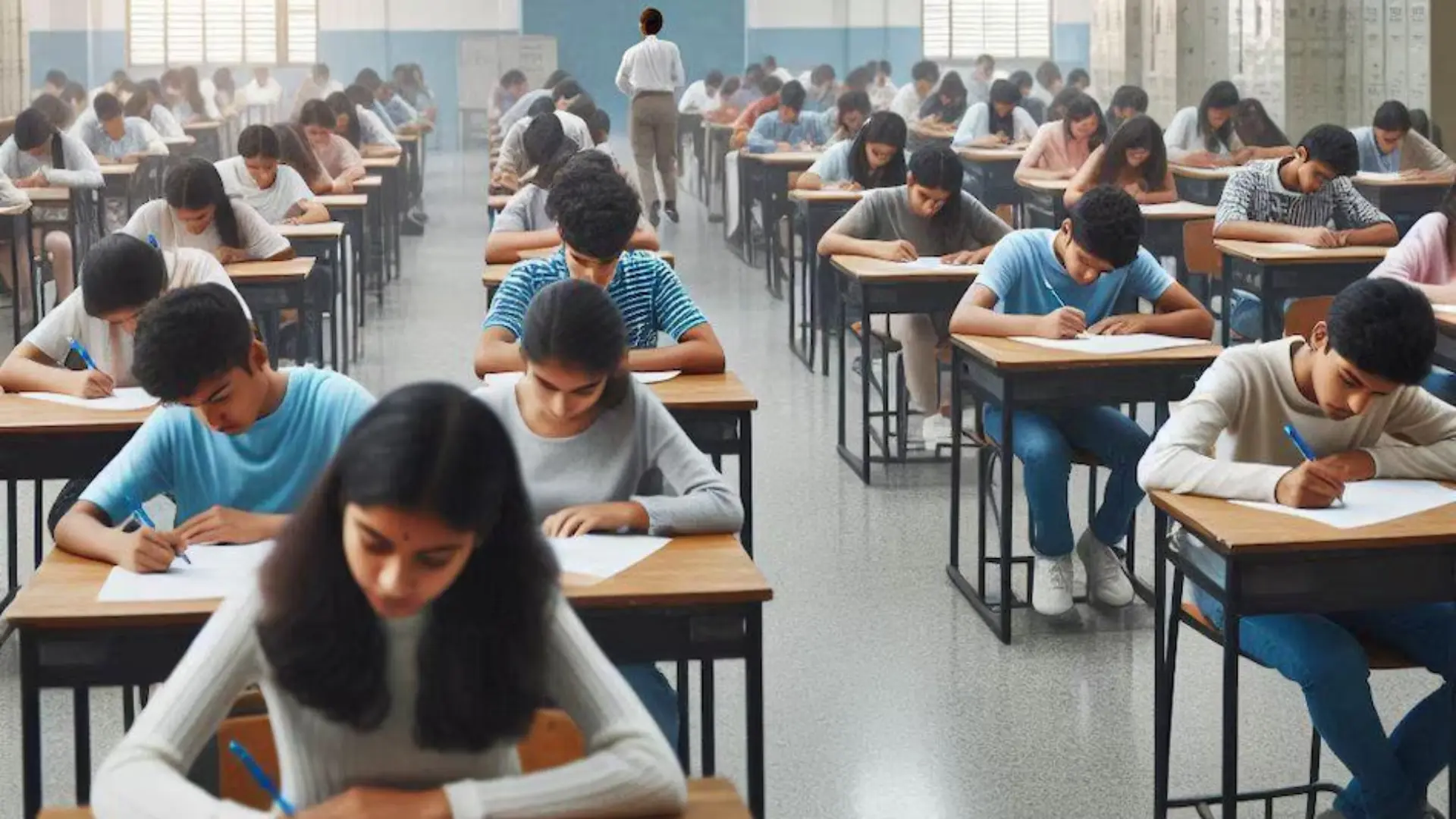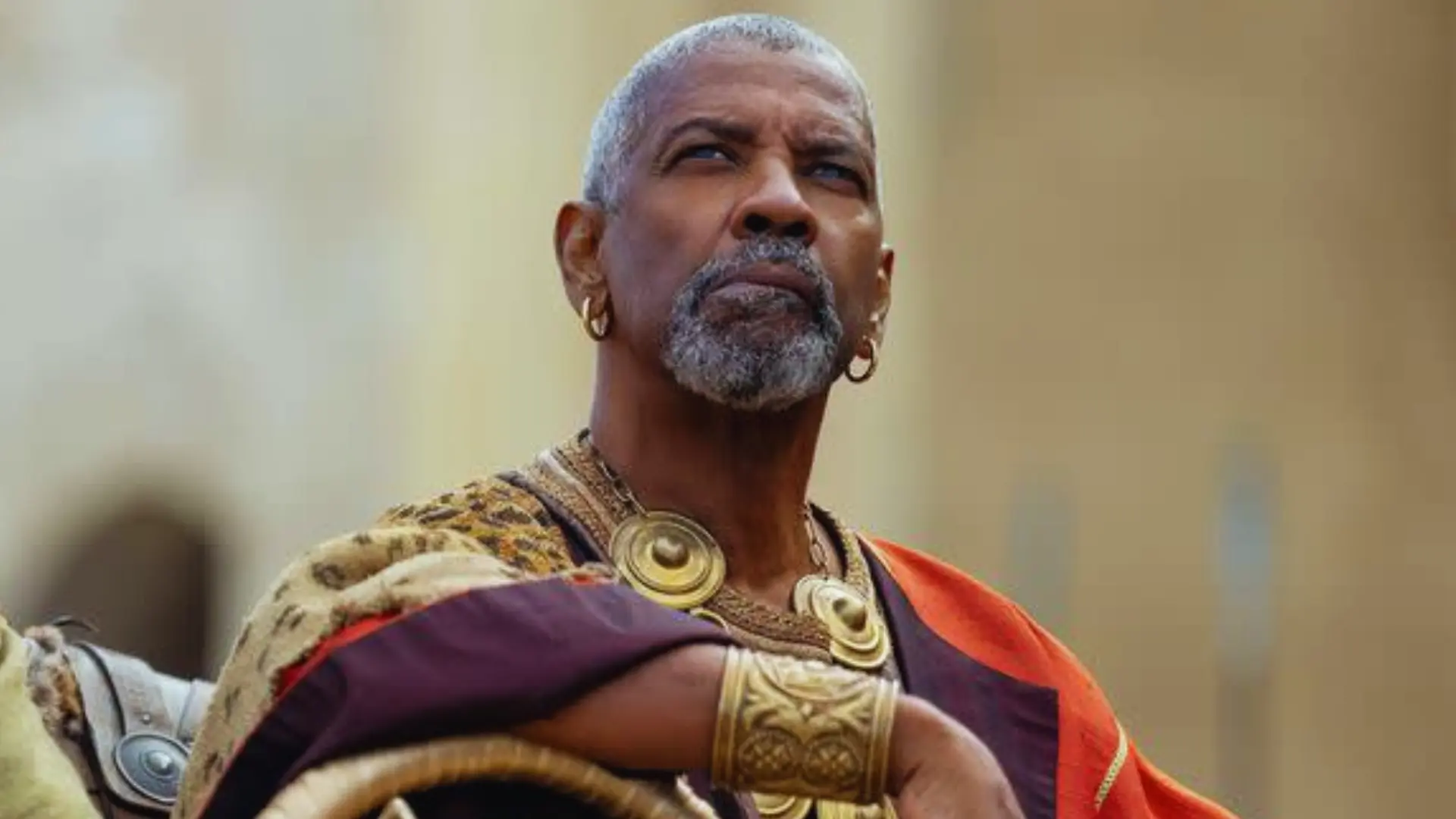Uday Kotak, the founder of Kotak Mahindra Bank, has made the significant decision to resign from his role as CEO and MD, citing a strong focus on succession planning.
Taking to X (formerly Twitter) to announce this resignation, he conveyed, “The matter of succession at Kotak Mahindra Bank has been a top priority for me, especially considering that both our Chairman and I, along with the Joint MD, are required to step down by the end of this year. My primary aim is to ensure a seamless transition by carefully orchestrating these departures. I am taking the initiative to commence this process now and voluntarily stepping down as CEO.”
As an interim measure, Dipak Gupta, the Joint Managing Director, has been designated to shoulder the responsibilities of the Managing Director & CEO until December 31, 2023. This interim appointment is subject to approval from both the Reserve Bank of India (RBI) and the bank’s members.
Pending RBI’s approval for the proposed successor, Dipak Gupta, currently serving as the Joint MD, will serve as the MD & CEO temporarily, provided regulatory and member approvals are secured.
In response to this transition, Uday Kotak, the Founder of the bank, expressed his dedication to the institution. He conveyed his commitment to remain deeply attached to the brand Kotak, continuing his involvement as a Non-Executive Director and significant shareholder.
Reflecting on the bank’s remarkable journey, which began 38 years ago with just three employees in a modest 300 square feet office in Fort, Mumbai, Kotak praised the institution’s growth into a pre-eminent financial entity built upon principles of trust and transparency.
Uday Kotak remarked, “We are now a pre-eminent bank & financial institution, created on the basic tenets of trust and transparency. We have created value for our stakeholders and provide over 1 lakh direct jobs. An investment of ₹10,000 with us in 1985 would be worth around ₹300 crore today.”
Uday Kotak expressed confidence in the bank’s continued pivotal role in India’s transformation into a social and economic powerhouse. He emphasized that, as an Indian-owned institution, it would persistently contribute to the country’s growth and development.

















